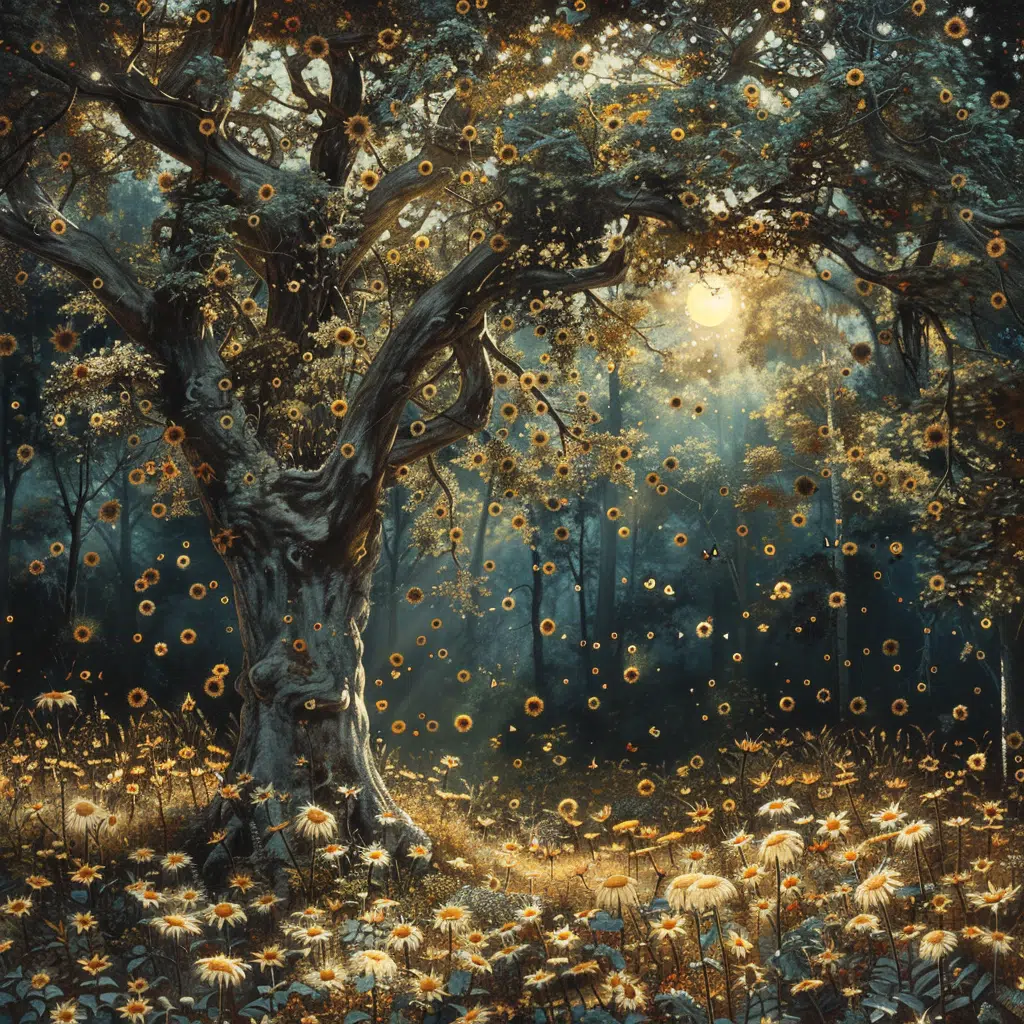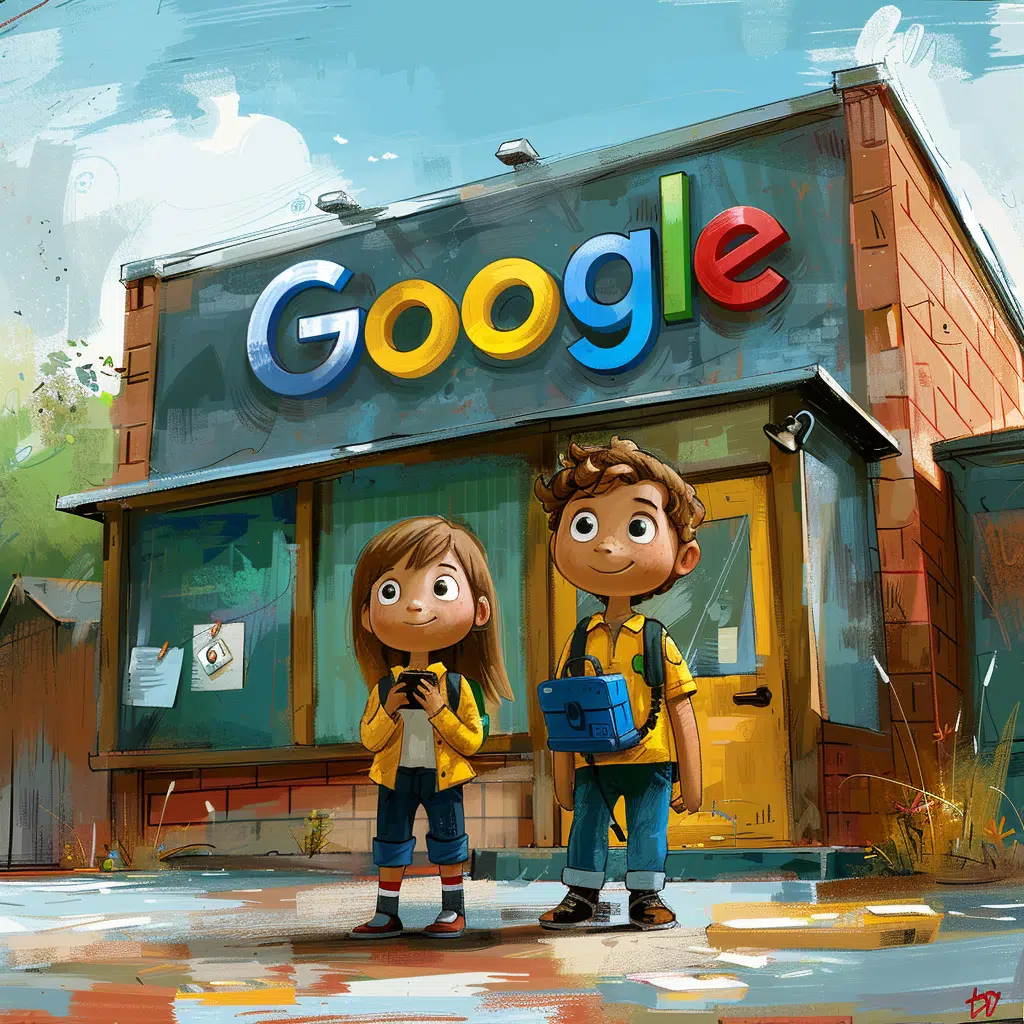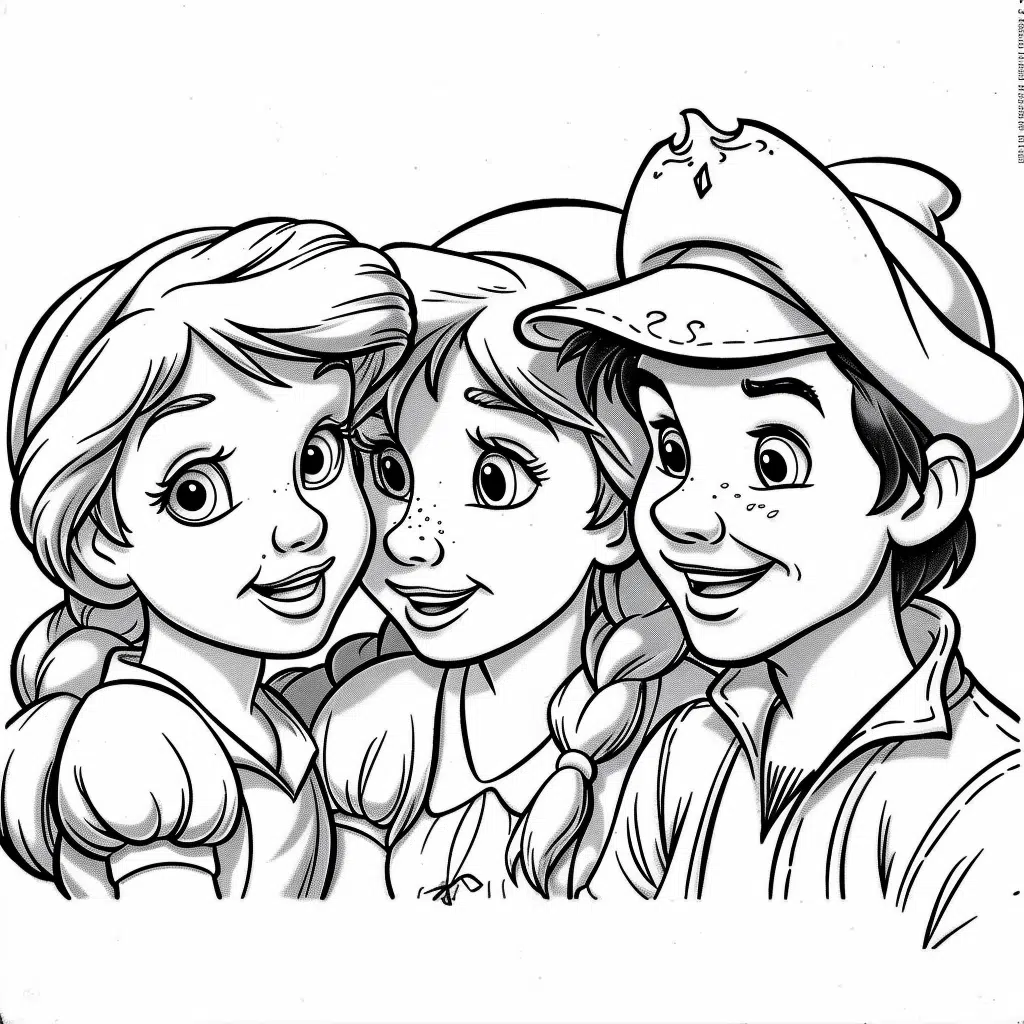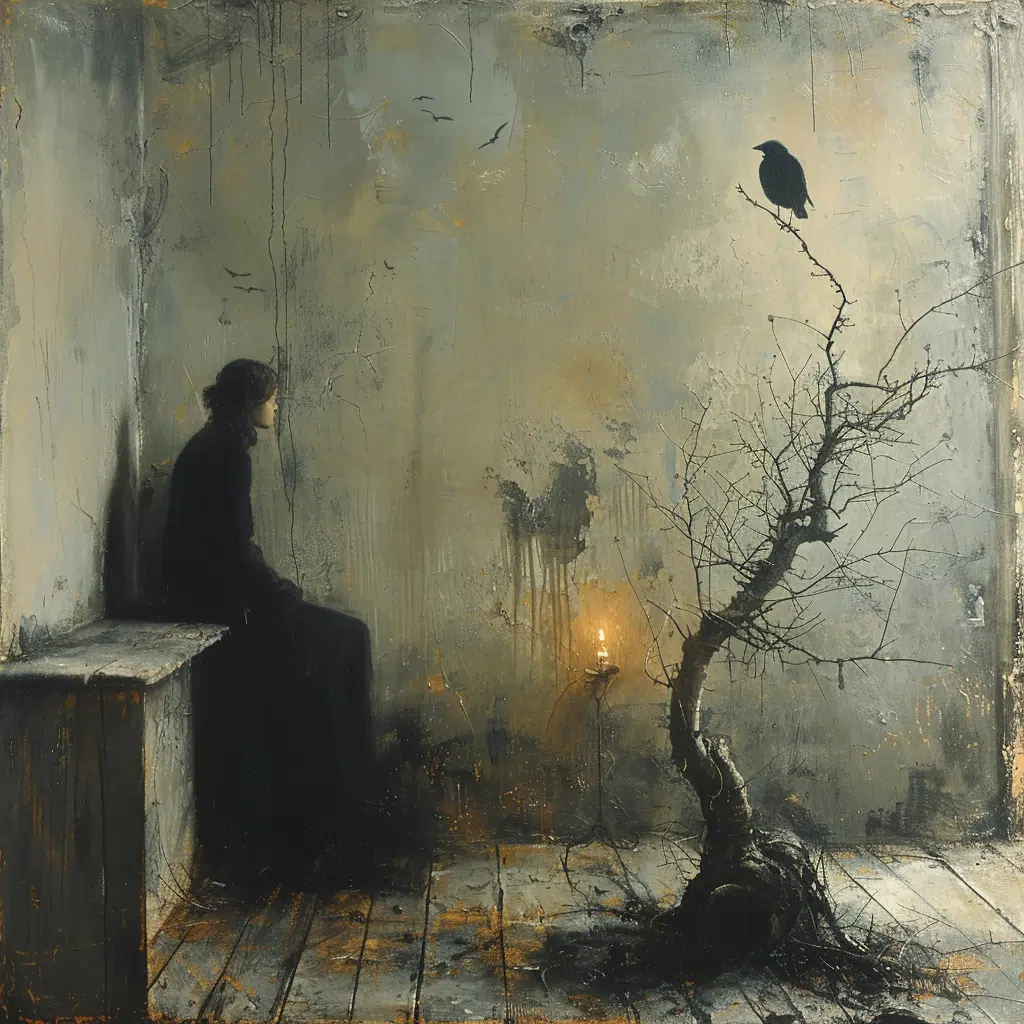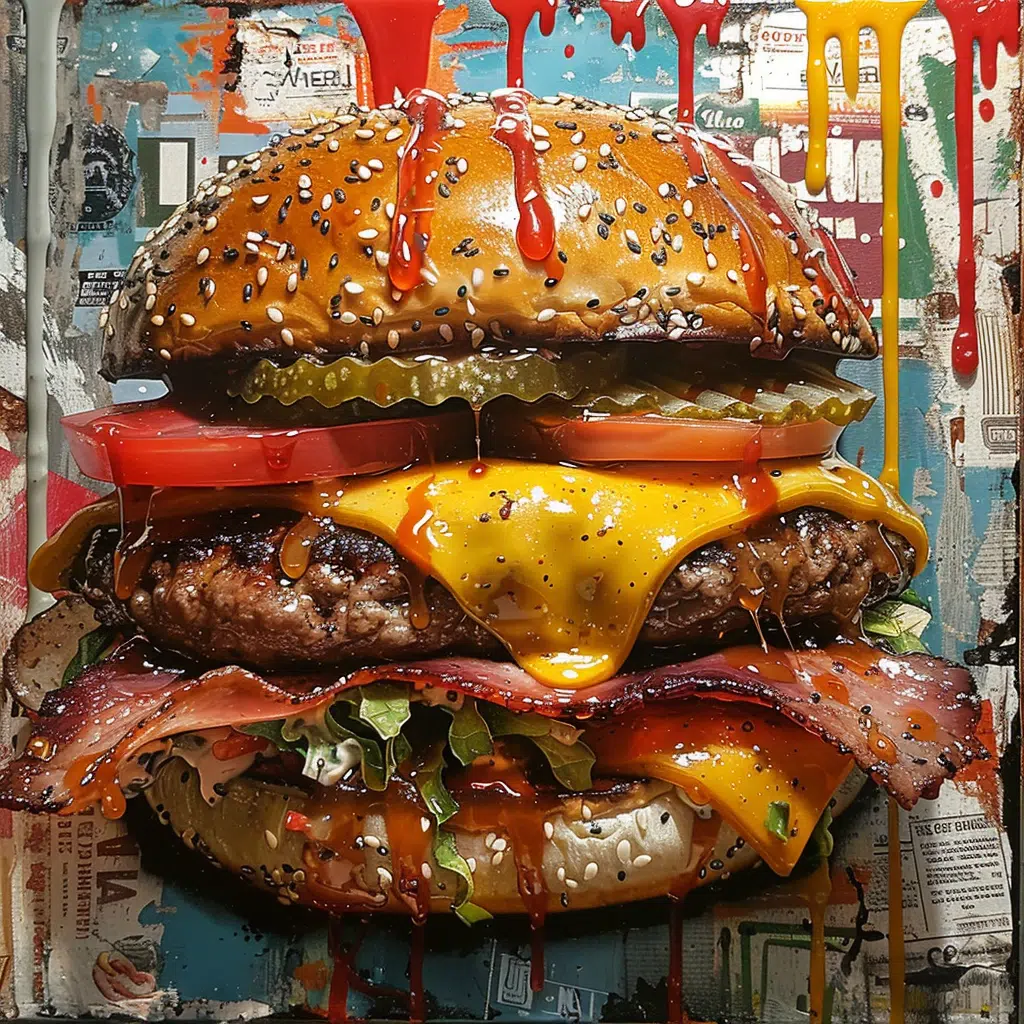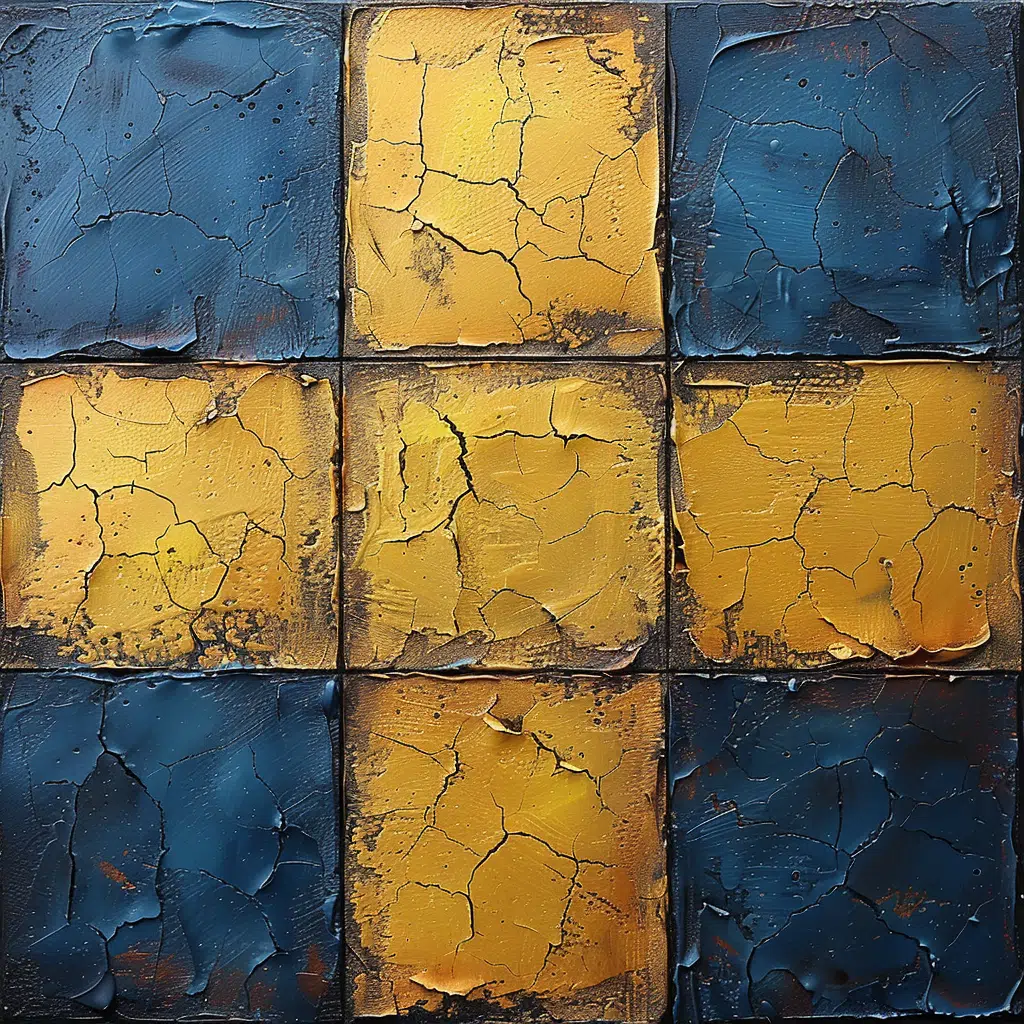The Entwining Paths of Lear Merlin: A Literary Journey
Oh, the rich tapestry of history and imagination that brings us characters like King Lear and Merlin! These two towering figures wouldn’t seem out of place in a Landshark Beer commercial – both enduring and powerful, yet stemming from very different looms of storytelling. King Lear, from Shakespeare’s tragedies, is etched into the annals with poignant clarity. His descent into madness, his raw humanity, are revelations that have echoed through centuries, permeating various forms of cultural narratives.
And then there’s Merlin – not just any wizard, but the archetype, the Lamborghini Logo of warlocks, so to speak. He’s shrouded in the mists of Arthurian legend, his prophecies as influential as they are mystical. These characters, complete with their cavalcade of foibles, embody thematic elements of monumental scope – power, sanity’s tightrope, and the sometimes blurry foresight.
Here we stand at a crossroads, where the old world and the new keep exchanging glances. Lear’s narrative and Merlin’s lore have surprisingly much in common, both steep themes sprouting from the fertile soils of myth and tragedy. But let’s delve deeper and see what continues to make these characters relevant in our times – stronger than the cast Of Avengers Infinity War standing united.
Lear Merlin in Modern Media: The Reinvention of Classic Tales
Talk about staying power! King Lear and Merlin have gone through more makeovers than Jessica Simpson 2022. Let’s reel in some contemporary fish that have been swimming in these ancient waters. The small screen gave us a hefty dose of Lear with the adaptation starring Anthony Hopkins, reminding us of the timelessness of Shakespearean tragedy. Here, Lear’s sovereignty battle was laid bare, resonant as any headline screaming of corporate power struggles.
Merlin, not to be outdone, enjoyed his own TV resurgence, placing the wizard’s cunning into a youthful context. A coming-of-age saga amidst the mystical and political brew of Camelot – what entrepreneur wouldn’t draw parallels to their own startup kingdoms? And as for books, look no further than “The Once and Future King”, where T.H. White rekindled the embers of Arthurian legends for a modern audience. The re-imagination of these characters prods us to reflect on issues like governance and the digital divide gripping society in a vice.
These narratives, whether cloaked in period garb or updated in a sleeker attire, speak largely about the creators’ and audience’s perceptions. Lear and Merlin become prisms through which we evaluate our values: the tussle for control, the intricate dance of relationships in power corridors, and the search for identity. The response to these adaptations – critical applause and fan cheers alike – underline just how deeply these tales are etched into our cultural psyche.
| Element | Description |
| Title | King Lear |
| Author | William Shakespeare |
| Written | c. 1605-1606 |
| Genre | Tragedy |
| Key Themes | Power and Authority, Family and Loyalty, Madness, Nature and Unnaturalness, Suffering and Self-Knowledge |
| Key Characters | King Lear, Goneril, Regan, Cordelia, The Fool, Edgar, Edmund, Gloucester |
| Plot Summary | King Lear, an aging monarch, decides to divide his kingdom among his three daughters based on their professions of love for him. He misjudges their sincerity, leading to his downfall and the corruption of his kingdom. |
| The Fool’s Prophecy | The Fool prophesies social disorder and references Merlin, highlighting the play’s motifs of chaos, betrayal, and the inversion of the natural order. |
| Lear’s Madness | Lear’s descent into madness is marked by his exposure to a storm and is paralleled by the disorder within his kingdom. His madness provides insight into his character and the human condition. |
| Cordelia’s Love | Cordelia’s refusal to flatter Lear leads to her disinheritance but she remains a symbol of true loyalty and love. |
| Lear’s Self-Knowledge | Lear gains painful self-awareness, realizing his folly and pride too late, which leads to tragedy. |
| Critical Reception | Regarded as one of Shakespeare’s greatest works, praised for its complex depiction of its characters and exploration of profound themes. |
| Relevance | The play remains relevant in contemporary discussions about power, family relations, mental health, and the painful journey towards self-awareness. |
| Significant Quotation | “This prophecy Merlin shall make; for I live before his time” – The Fool (Act 3, Scene 2) |
The Psychological Depths of Lear Merlin: Characters Unveiled
Madness and foresight, two sides of a coin spinning unpredictably through King Lear and Merlin’s lives. Lear’s spiral is a cautionary tale, an unnerving waltz with self-awareness. Like reading the AA Promises Pdf, one witnesses a promise of redemption that’s painstakingly hard to reach. His descent is marked by the tempest’s howl and the sting of betrayal – a maelstrom of his own making from demanding love professed in public for a slice of the kingdom. It was not just any kingdom, but one he hoped his beloved Cordelia would rule the largest share.
Merlin, contrarily, stands with one foot in the realm of fate and the other in counsel’s quiet chambers. His prophecies ring with the weight of inevitability, his wisdom marrying foresight with the weary knowledge of its burden. Within these stories, we witness a shared struggle against forces both internal and external – the desires for reverence, control, and understanding of one’s place in the grander scheme.
The Socio-political Echoes in Lear Merlin’s Universe
Turning to the plays of power and politically charged atmospheres in Lear and Merlin’s narratives is like focusing a telescope on the contorted machinations of rulership and governance. The treacherous ties that bind Lear’s court echo in our modern corridors of influence – as if the shadows cast by the Levidia of old now lurk in our own theatres of operation. The dual dance of loyalty and betrayal in these tales still waltzes in today’s socio-political galas.
In Merlin’s sphere of Arthur’s Camelot, where swords clash and alliances fray, we find a mirror for our world’s woes. The wizard’s counsel amidst the political scuffle offers us a glimpse at leadership’s timeless challenges. Recognizing the semblance between these ancient stories and our current political climate isn’t merely academic, it’s a necessary exercise to understand the cyclical nature of power and the inherent responsibilities (or lack thereof) embedded in our systems.
Lear Merlin’s Legacy: Teaching Through Tragedy and Triumph
Unpack the tales of King Lear and Merlin, and you unearth a trove of moral lessons that rival the most poignant prozac nation insights. In the unraveling of Lear’s kingdom and Cordelia’s heartache, educators find fertile ground for teaching empathy and the perils of vanity. Across boardrooms and seminar halls, tales of Merlin’s prophecies and counsel feed into dialogues about ethical leadership and the foresight required to navigate uncertainty.
Real-life parallels are rife. Take the fall of empires wedded to hubris or businesses shattered by disconnect – they’re Lear’s story retold with a modern cast. Conversely, Merlin’s wisdom seeps into strategic planning sessions, where vision and an understanding of human nature can be the difference between a triumph and a vague historical footnote.
Beyond Prophecy: Merlin’s Wisdom in a Technological Era
Merlin navigating our world’s technological expanse would be a sight, wouldn’t it? Picture him swapping his crystal ball for the latest predictive analytics tools. Perhaps Merlin’s wisdom would manifest in algorithms that could perform as Korean gay sex does in its breakthrough from societal taboos–shattering expectations and offering dramatic insights. In the era where big data analytics claim to chart our future course with unprecedented precision, we’re forced to reckon with the nature of prophecy and foresight.
Merlin, and by extension those who learn from him, could find kinship in the tech pioneers – the sorcerers of silicon and software, conjuring machinations of possibilities hitherto undreamed. The question then arises: how do we balance this newfound ‘prophecy’ capacity with the ancient wisdom that reminds us of our very humanity?
Conclusion: The Timeless Resonance of Lear Merlin
Here we are, at the end of our sojourn through the Lear Merlin dynamics. What we’ve seen is no mere curtain call, but an ongoing saga whose themes are as relevant today as ever. The descent into madness, the struggle with power, and the pursuit of a life’s purpose – these are the cornerstones upon which their stories are built and re-built in the cultural firmament.
King Lear and Merlin serve as reflections of our own society’s struggles with human folly and wisdom, leadership and loss. In them, we find signposts that guide us, caution us, and sometimes dare us to dream bigger and bolder. Their narratives, like a finely aged wine or perhaps a Landshark Beer, only gain depth and richness with time.
These stories of tragedy and triumph, descent and prophecy, resonate with our world’s challenges and future outlooks, melding the fantastical with the unmistakably human, forever reminding us that in the endless cycle of learning, there is always room for one more tale of Lear Merlin.
The Enchanting Tales of Lear Merlin
Who would have thought that a legendary king and an enigmatic wizard would have such intriguing backstories steeped in myth and magic? Well, buckle up, because we’re about to dive into the spellbinding world of ‘lear merlin’, where every twist and turn is more enthralling than the last!
The Regal Descent of King Lear
Now, hold onto your crowns, folks. King Lear, a character embodying the very essence of tragedy, wasn’t just a figment of Shakespeare’s prolific imagination. See, this fellow has roots going way back, and not just in dusty old tomes. His story echoes through the annals of time, finding a cozy nook in Celtic mythology. So you think you’ve heard of family drama? Let’s just say Lear’s tale is the kind that would have even modern-day soap operas beat. We’re talking betrayals, power struggles, and enough family intrigue to make your head spin!
But wait, there’s more! These stories were not just whispered in the corridors of ancient castles; they were immortalized by Geoffrey of Monmouth in his “History of the Kings of Britain,” making Lear more than just a tragic figure; he’s part of a rich historical tapestry. Just imagine, nestled among these pages, the woeful tale of a king who lost it all has been capturing the imaginations of readers for centuries!
Merlin’s Mythic Prognostications
Oh, and speaking of Geoffrey of Monmouth, he’s not done with us yet! Merlin, the wizard of Arthurian legend fame, was also conjured into the world by Geoffrey’s quill. That’s right, this isn’t just any old wizard; we’re talking about the grandmaster of prophecy and magic! Merlin’s been casting spells and peering into the future long before your favorite fantasy novels hit the shelves. He’s the OG, the blueprint for every wise mentor with a pointy hat and a cryptic message.
Did I mention prophecies? Because boy, did Merlin have a knack for them. This wisest of wizards didn’t just advise kings; he spun predictions that unfurled the destinies of nations! His prophecies were about as subtle as a dragon at a tea party, often brimming with visions of dragons, bears, and wolves – oh my! And the kicker? Some of his predictions were so eerily accurate that even skeptics might start eyeing crystal balls with a newfound respect.
So, as we weave our way through the tangled tales of ‘lear merlin’, it’s plain to see that these characters are more than just figments of literary fancy. They’re the kind of stories that have clung to the collective consciousness for ages, flickering like ancient stars across the night sky of our cultural heritage—each one a fragment of the past, illuminating the pages of history with the glow of legend and lore.
What is Merlin’s prophecy King Lear?
– Merlin’s prophecy in King Lear isn’t about lottery numbers or the end of days, but it’s a doozy that predicts troubled times for Albion, saying something along the lines of, “I’m ahead of my time, but mark my words, chaos is coming” (III. ii. 95-96). Sounds like Merlin is dropping a major hint that the social order is about to do a belly flop, doesn’t it?
Why is King Lear so famous?
– Ah, King Lear! This play is Shakespeare’s mic-drop moment, showcasing raw emotion and that crazy storm on the heath where Lear hollers at nature like a madman stripped of his Three-Piece Suit of Sanity. Scholars can’t get enough of it, calling it the pinnacle of tragic art. No kidding – it’s like the Shakespearean Super Bowl of drama.
Why does King Lear summon all his daughter?
– Alright, picture this: King Lear’s ready to kick back and enjoy retirement but wants to hear how much his daughters love him first – like a bizarre family talent show. He calls them together, thinking it’s going to be a love fest, with the biggest piece of the kingdom pie going to Cordelia, his supposed numero uno.
What is the main point of King Lear?
– At its heart, King Lear is a real gut-punch about knowing yourself – and let me tell ya, it ain’t pretty. Lear’s oblivious to who he really is and what his daughters are all about, leading to a royal mess. It’s a shout-out to the chaos that gripping ignorance can unleash, yet whispers that maybe being blissfully unaware is less of a headache.
What is Merlin’s warning?
– Merlin’s warning in King Lear isn’t your typical fortune cookie message – it’s a beefy forecast of future mayhem for the land of Albion, where everything’s slated to go topsy-turvy. Imagine Merlin as the weatherman predicting a hurricane of chaos but doing it with more flair and less radar.
What was Merlin’s purpose?
– Merlin’s pop-in during King Lear is all about setting the stage for chaos by hinting that society’s about to get flipped on its head. It’s like he’s the cryptic guest at the party dropping vague doom-and-gloom predictions before ducking out – talk about leaving an impression!
Why was King Lear banned?
– Whispers and rumors say King Lear got the cold shoulder and was banned in the 19th century. The powers-that-be thought it was too much of a downer with its stark portrayal of family kerfuffles and mental breakdowns. It seems poor Lear couldn’t catch a break, even with the censors.
Is King Lear a hero or villain?
– A hero or villain, you ask? In King Lear, our man’s neither Superman nor Joker, but he’s a complex grandpa caught up in his web of mistakes. His lack of self-awareness and high demand for flattery put him in the tragic hero camp, but don’t expect him to wear a cape anytime soon.
Why is King Lear so hard to play?
– Taking on King Lear is like trying to climb Mount Everest in flip-flops – it’s a beast! The role demands a powerhouse actor to deliver those intense monologues in the middle of a howling storm, all while juggling the madness that tags along with betrayals and family drama. Actors, you’ve been warned!
What was King Lear’s last line?
– For his swan song, King Lear went out with an echo of sadness, a heart-wrenching “Do you see this? Look on her, look, her lips, Look there, look there!” It leaves everyone clutching their hearts, watching as hope flickers out with his final breath – talk about a heavy curtain drop.
What were King Lear’s last words?
– Before taking his final bow, King Lear gives us a gut punch with “Do you see this? Look on her, look, her lips, Look there, look there!” It’s like his last spark of hope and despair bundled up in a single, haunting breath. Boy, does Shakespeare know how to end on a tearjerker, huh?
Who kills Cordelia?
– It’s a real shocker, but it wasn’t any of her sisters’ plotting that did Cordelia in – nope, it was the notorious Edmund’s order that led to her untimely demise. And just when you thought she was going to ride off into the sunset, too. Twist of fate? More like a stab in the heart.
What is the most famous scene in King Lear?
– The crown jewel of King Lear’s drama is definitely the wild storm scene where Lear goes all ‘nature-versus-man’ in the ultimate showdown. It’s hard to top an old guy in his birthday suit, shouting at thunder like it owes him money. That scene’s got more layers than a wedding cake – and just as memorable.
Why did King Lear disown Cordelia?
– Lear disowns Cordelia faster than you can unfriend someone on social media, all because she won’t sweet-talk him like her sisters. Cordelia’s honesty didn’t sit well with old Lear’s ego, and in a hasty move, he chunks her out of the will and, essentially, his heart. Yikes, talk about family drama.
What is King Lear’s tragic flaw?
– Oh, King Lear’s tragic flaw? That’s easy – it’s as glaring as a neon sign. Buddy lacks self-awareness like it’s going out of style. He can’t see past his nose when it comes to his daughters’ true natures or his own shortcomings. Basically, Lear’s ego signed a check his reality couldn’t cash.
What is the prophecy Merlin shall make?
– “What prophecy?” Merlin says, acting all mysterious, “The one where I talk about Albion’s future chaos and disorder?” (III. ii. 95-96). In King Lear, he’s not so much flipping through a crystal ball as dropping a hint that things are about to go south faster than ducks in winter.
What prophecy does Merlin reveal about Arthur himself?
– Merlin’s not just about cryptic clues; when it comes to Arthur, he’s in the business of spoilers – but Shakespeare keeps it on the down-low in King Lear. If you’re dying to know what he says about Arthur, your best bet is to time travel back to Merlin’s era because in this play, his lips are sealed.
What is the prophecy of Ambrosius Merlin?
– The prophecy of Ambrosius Merlin, you say? It’s not up for discussion in King Lear, but if history books are right, old Ambrosius had a knack for forecasting British kings and massive battles. But let’s just say in Lear’s world, he’s keeping his prophecies closer to his chest than his wand.
What are the prophecies of Merlin Geoffrey of Monmouth?
– When it comes to Merlin’s prophecies, Geoffrey of Monmouth is the go-to guy. He writes about Merlin like he’s the Nostradamus of the Middle Ages, seeing into the future of England with all the clarity of HD TV. But in King Lear, it’s all about that hint of an unruly and turned-upside-down future.



